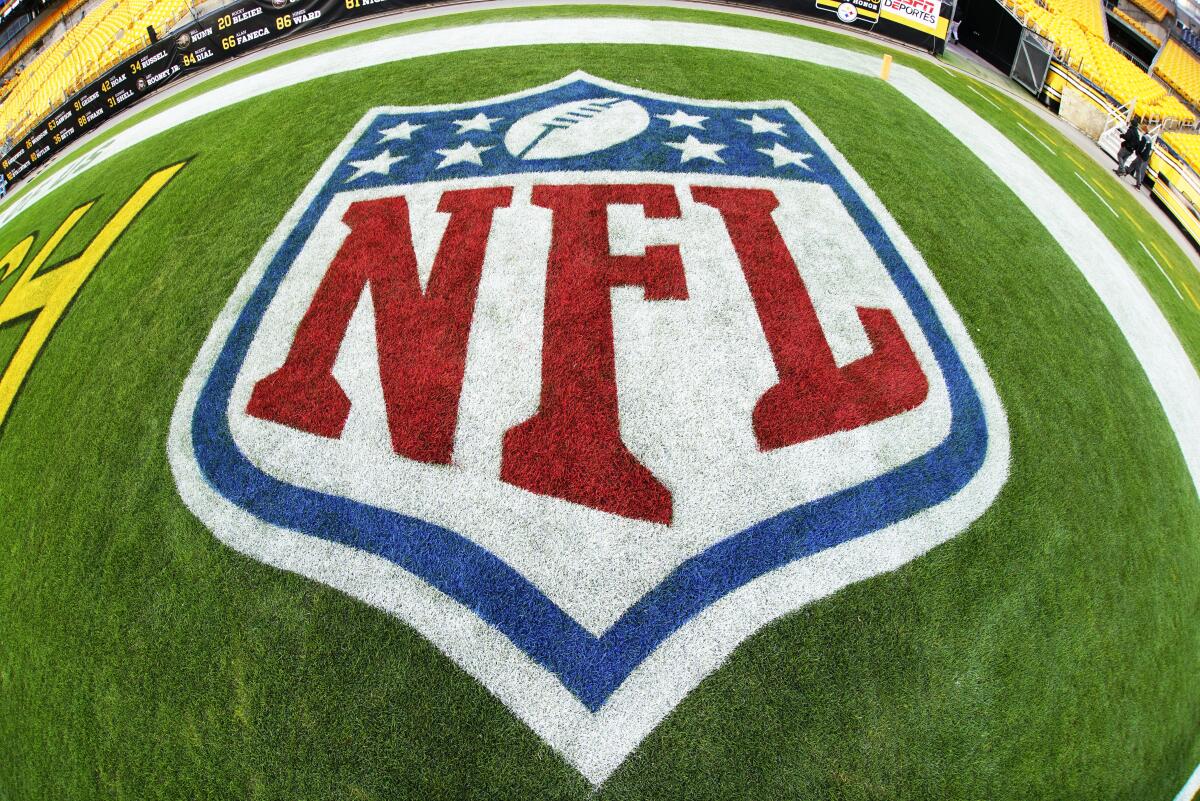In a surprising turn of events that has sparked intense debate across the sports world, seven players were disqualified and removed from the stadium during a recent game due to a newly implemented “No Kneeling” rule. This controversial regulation has ignited discussions about player rights, protest methods, and the intersection of sports and social justice. In this article, we will explore the details of the incident, the implications of the rule, and the reactions from players, fans, and commentators.

The Background of the “No Kneeling” Rule
The “No Kneeling” rule was introduced by the league in response to ongoing protests during the national anthem, which began several years ago. Players have used kneeling as a form of silent protest against racial injustice and police brutality, inspired by former NFL quarterback Colin Kaepernick. The league’s decision to ban this form of protest reflects a growing push from some fans and stakeholders who believe that sports should remain apolitical.
This rule has been met with significant backlash, as many view it as an infringement on players’ rights to express their beliefs and advocate for social change. The introduction of this rule has led to heightened tensions between the league, players, and fans.

The Incident: Players Disqualified
During a highly anticipated game, seven players from various teams decided to kneel in protest against the new rule, expressing their solidarity with the ongoing fight for social justice. The players were aware of the risks associated with their actions but felt that taking a stand—or in this case, a knee—was essential in the face of injustice.
As the national anthem played, the players knelt, prompting immediate action from league officials. Within moments, security personnel were dispatched to the field, and the players were disqualified and escorted out of the stadium. This decision shocked fans and commentators alike, who witnessed the dramatic scene unfold in real time.
Reactions from Players and Coaches
The disqualification of the players sparked a wave of reactions across the sports community. Many players expressed their disappointment and anger at the league’s decision. Star quarterback and one of the disqualified players stated, “We’re not just athletes; we’re also human beings. We have the right to stand up for what we believe in.”
Coaches also weighed in on the incident, with several voicing their support for the players’ right to protest. One coach remarked, “I respect my players’ decisions and their right to express their views. This rule goes against the very principles of freedom we stand for.”
Fan Reactions: A Divided Audience
The reaction from fans has been mixed, showcasing the polarized views surrounding the issue. Many fans cheered for the players’ bravery, applauding their commitment to social justice. Social media platforms were flooded with hashtags supporting the players, with fans posting messages of solidarity and encouragement.
Conversely, other fans condemned the players’ actions, arguing that sports should not be a platform for political expression. Some expressed their frustration by choosing not to attend games or support the league, stating, “We come to watch sports, not politics.”
Implications for the League
The decision to enforce the “No Kneeling” rule and the subsequent disqualification of the players could have far-reaching implications for the league. Critics argue that this move may alienate a significant portion of the player base, as well as fans who support social justice initiatives.
Additionally, the league may face legal challenges regarding players’ rights to protest. The union representing the players has indicated that it will explore all available options to protect its members’ rights, potentially leading to a contentious legal battle.
The Broader Conversation on Social Justice in Sports
This incident has reignited the broader conversation about social justice in sports. Athletes have increasingly become influential voices in societal issues, using their platforms to advocate for change. The debate surrounding the “No Kneeling” rule raises important questions about the role of athletes in social justice movements and the responsibilities of leagues to support or restrict these actions.
Sports have historically been a microcosm of society, reflecting the struggles and triumphs of broader social movements. As players navigate their identities as both athletes and activists, the lines between sports and politics continue to blur.
What’s Next for the Disqualified Players?
For the seven players disqualified, the road ahead may be challenging. They face the possibility of fines, suspensions, or other disciplinary actions from the league. However, they have also garnered a significant amount of support from fans and fellow athletes, which could bolster their resolve.
In the aftermath of the incident, these players may continue to engage in activism, using their experiences to raise awareness about the issues they stand for. Their commitment to the cause may inspire others within the league and beyond to join the fight for social justice, regardless of the consequences.
Conclusion: A Turning Point in Sports Activism
The disqualification of seven players under the new “No Kneeling” rule marks a pivotal moment in the ongoing conversation about social justice in sports. As athletes continue to navigate their rights to protest and express their beliefs, the impact of this incident will undoubtedly be felt for years to come.
The league’s decision has prompted a reevaluation of the relationship between sports, politics, and social activism. As the dialogue continues, it remains to be seen how players, fans, and leagues will adapt to the changing landscape of sports and activism.
Ultimately, this incident serves as a reminder of the power of sports as a platform for change. Whether through kneeling, raising fists, or other forms of expression, athletes have the potential to influence conversations about justice and equality, pushing society toward a more equitable future.
a more equitable future.